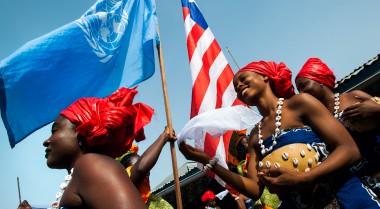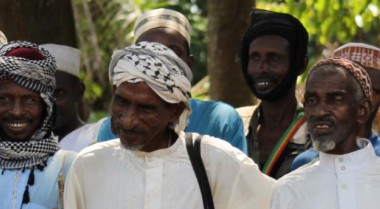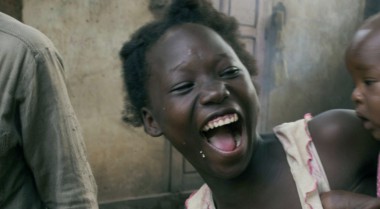
Fragility Assessments: Where the Dialogue Needs to Go
According to the New Deal, fragility assessments, a core component of the “FOCUS principles” are ‘periodic country-led assessment on the causes and features of fragility and sources of resilience,’ and should be inclusively developed ‘by the g7+ and supported by international partners.’ Input from key national stakeholders and non-state actors ensures that the assessment reflects ‘the views of those either affected by the current fragility or have a role in building peace and resilience’. Co-ownership of the assessment process by government, donor and civil society generates shared understandings of the challenges facing the country, and lights a path for priority actions that hold promise of shared ownership and mutual commitment. To date seven countries (Sierra Leone, Liberia, South Sudan, Timor-Leste, the Democratic Republic of the Congo (DRC), Guinea-Conakry, and Comoros) have completed FAs, featuring varying degrees of inclusivity in both process and outputs. Reporting on six of these, the 2014 New Deal Monitoring Review states ‘In all cases, the fragility assessments involved discussions with national stakeholders, including civil society, although the length and extent of the consultations varied.’ Guinea-Bissau’s assessment is underway at this time.



